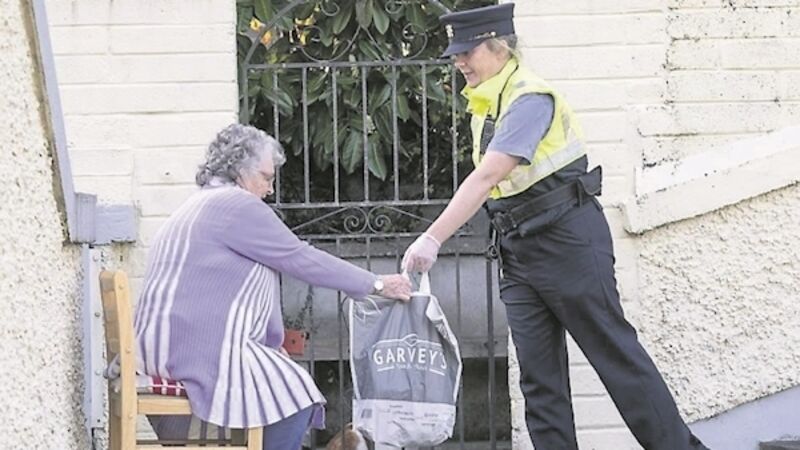In dire times of pandemic, your country needs you — to cocoon

points out that this is our generation’s opportunity to do something great for ourselves, our society, and our nation by stopping the spread of the coronavirus.
WHEN the Olympic Games was deferred to 2021, it added to a list of major sporting events that were deferred, cancelled, or postponed.
















